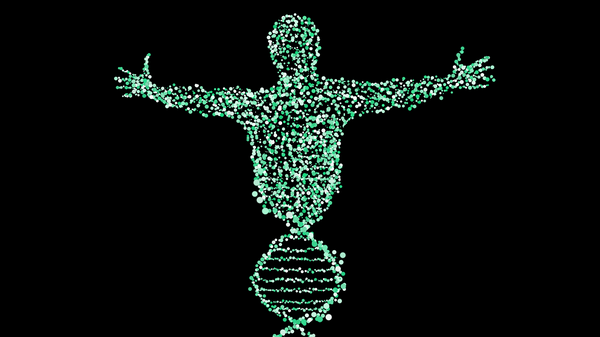The prospects of impending demise of a particular chromosome that determines whether a person is born male or female leaves some people wondering whether it might herald the “demise of men”, as Live Science put it.
As the media outlet points out, a person's sex is essentially determined by a combination of two chromosomes, X and Y, with an XX combo leading to the development of ovaries and an XY combo resulting in the development of testes.
However, while the X chromosome has around 1,000 genes, the Y chromosome has only 45, and research suggests that the latter has actually shrunk over time, the media outlet notes.
Jennifer Graves, a geneticist at La Trobe University in Melbourne, has suggested that the Y chromosome had 1,669 genes some 166 million years ago, the "same as the X-chromosome".
"So it doesn't take a great brain to realize that if the rate of loss is uniform — 10 genes per million years — and we've only got 45 left, the whole Y will disappear in 4.5 million years", she said.
The Y chromosome shrinking was apparently affected by the fact that while chromosome can avoid passing harmful mutations which genes develop over time, by recombining with one another, the Y chromosome cannot do that due to the lack of a "swapping companion", unlike the X chromosome.
"If a bad mutation occurs, usually you'd be able to swap with your partner. But the Y can't do that," said Melissa Wilson, evolutionary biologist at Arizona State University.
Graves also noted that the loss of Y chromosome has actually occurred in some species, such as two species of mole voles and three endangered species of spiny rats.
The media outlet points out, however, that even with the loss of the Y chromosome, said species still have males and females, so such development does not "doom survival".
"Losing the Y chromosome doesn't mean losing the male," said Rasmus Nielsen, a geneticist at the University of California, Berkeley, while Graves noted that another gene would likely take the job of being the main determinant of sex.
And as Wilson remarked, while such change is “possible”, it won't be happening “in our lifetime”.

